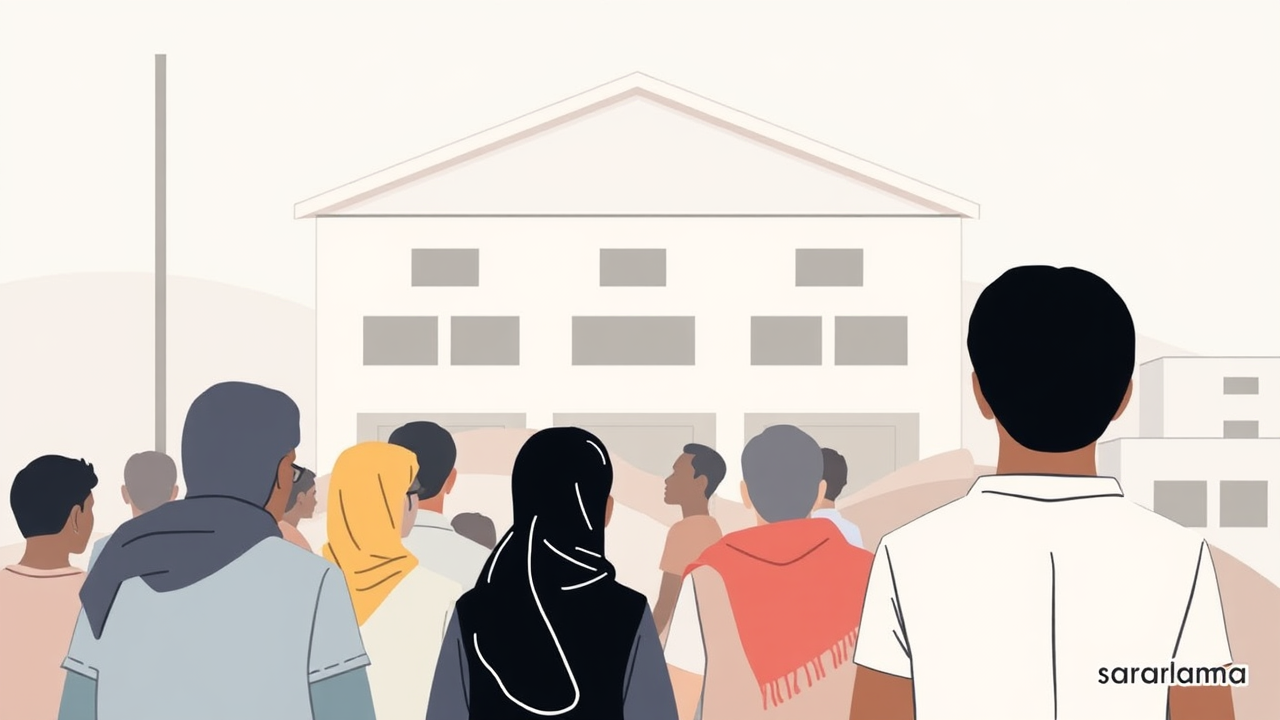A journalist revisited Piparghatti village in Gaya district after 46 years to witness changes among the Musahar community, one of the most marginalized Dalit groups in Bihar. The village, first visited in 1979 during a peaceful land rights movement led by the Chatra Yuva Sangharsh Vahini, has seen notable improvements. Mud huts have been replaced by partly concrete homes, a pucca road now connects the village, and many children attend the new middle school. Despite progress, challenges persist. Female literacy among Musahars remains extremely low at 1.43 percent according to the 2011 Census, compared to 53.5 percent for Bihar women overall. During conversations, women and youth repeatedly cited unemployment as their primary concern. The Mukhyamantri Mahila Rozgar Yojana, which transfers Rs 10,000 to women beneficiaries, has gained popularity. Political awareness has grown significantly, with voters recognizing leaders like Nitish Kumar, Narendra Modi, and Lalu Prasad. The upcoming Bihar election results on November 14 may reveal whether employment concerns are overtaking traditional caste-based voting patterns, potentially influencing politics across the Hindi heartland.

Unemployment Dominates Concerns Among Marginalized Communities
When asked about their most pressing wish, Musahar women in Piparghatti and an 18-year-old from nearby Barachatti town all gave the same one-word answer: unemployment. The teenager, married four months ago and never schooled, explained that her husband works in a Chennai packaging factory while the family survives on remittances. Tejashwi Yadav has responded to this ground reality by promising government jobs for every family, declaring repeatedly that people should prepare for employment opportunities. Poll strategist Prashant Kishor has emphasized education and jobs to stop migration from Bihar. This focus on employment over traditional caste considerations suggests a society in transition, with young voters potentially prioritizing work over identity politics.
Visible Progress Yet Persistent Educational Gaps
Physical infrastructure in Piparghatti has improved dramatically since 1979. The village now has paved roads, partly concrete houses replacing mud huts, and a middle school. Many children attend classes, though several remain unenrolled and shy away from interaction. One nine-year-old girl studying in private school aspires to become a doctor. However, most Musahar women remain illiterate. In the early 1980s, following the Sangharsh Vahini campaign, government land pattas were given to Musahar women, a revolutionary measure at the time. Many have since sold these lands due to illness, death, or marriage. When Jitan Ram Manjhi became Bihar Chief Minister in May 2014, it marked historic recognition for the community, though he stepped down nine months later.
Source: Link
